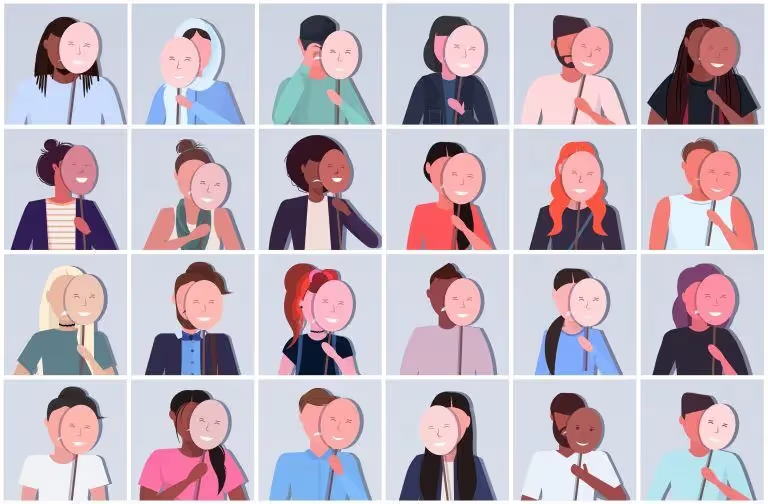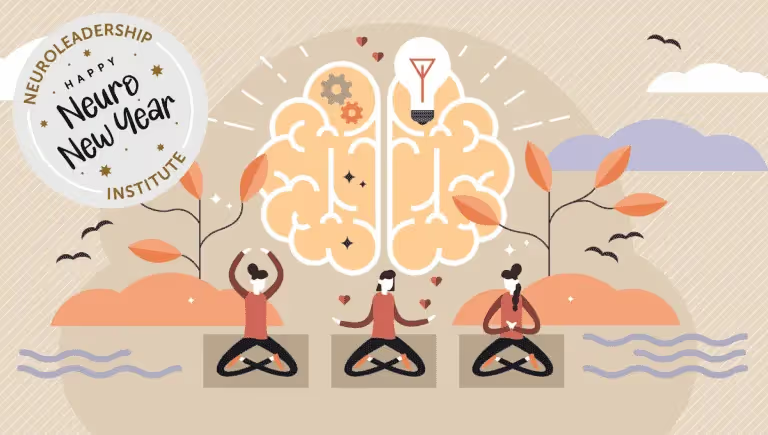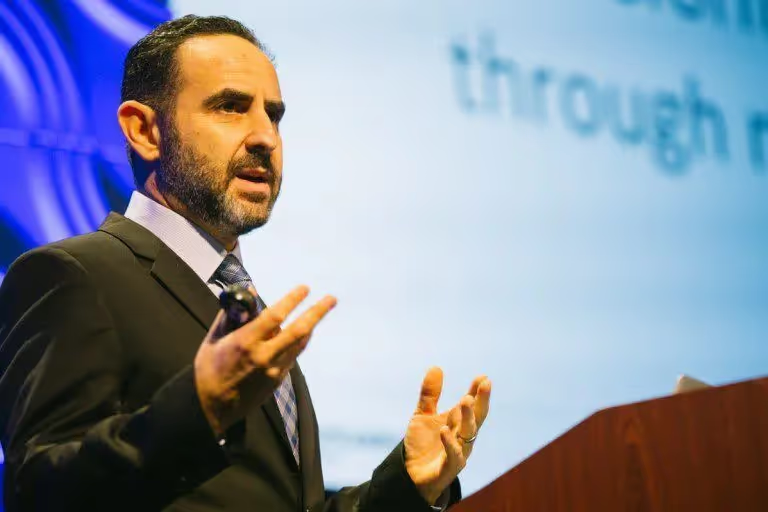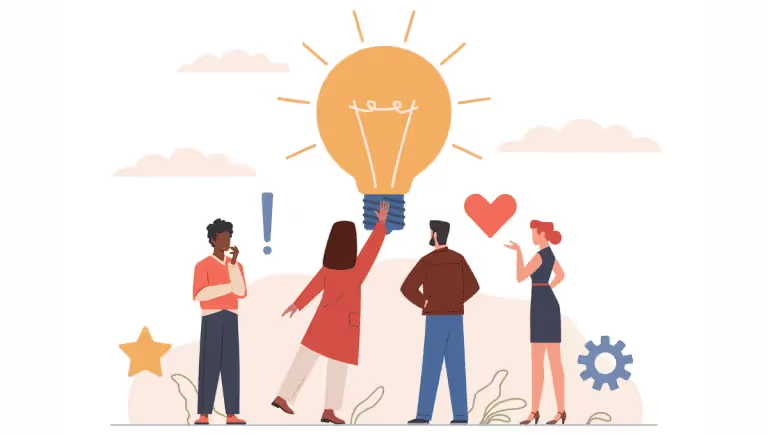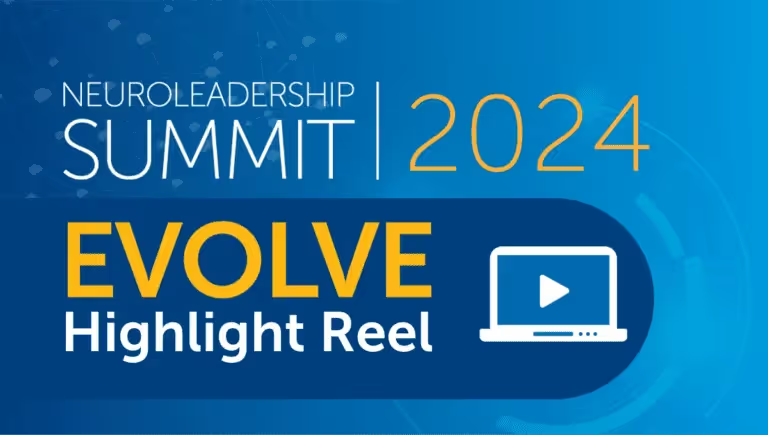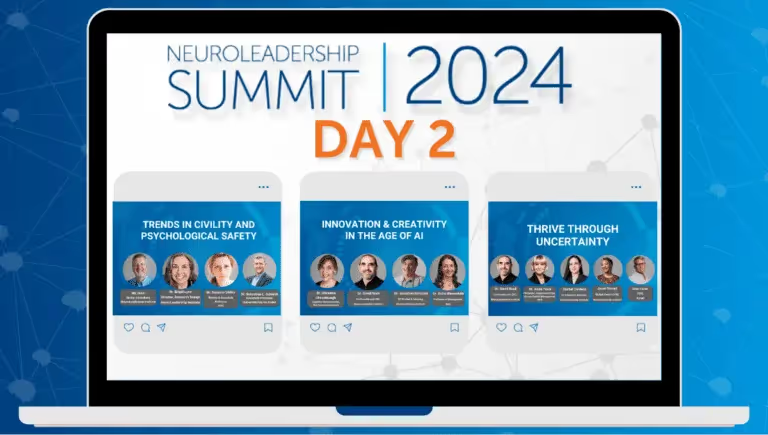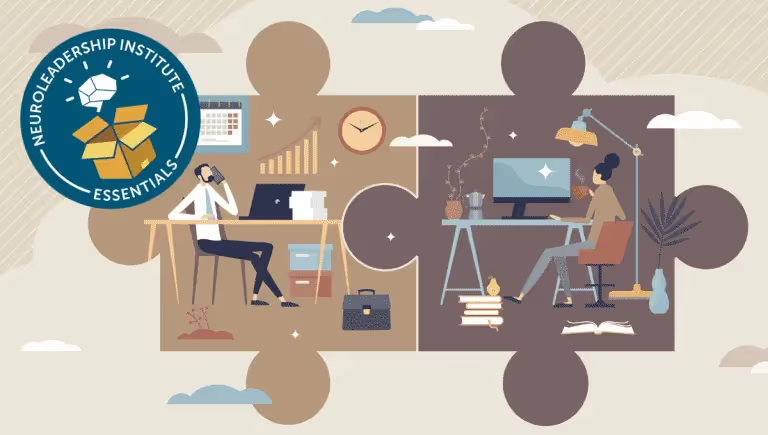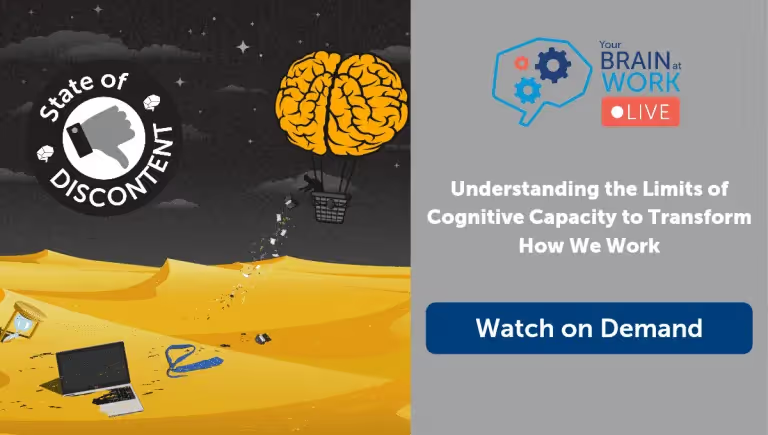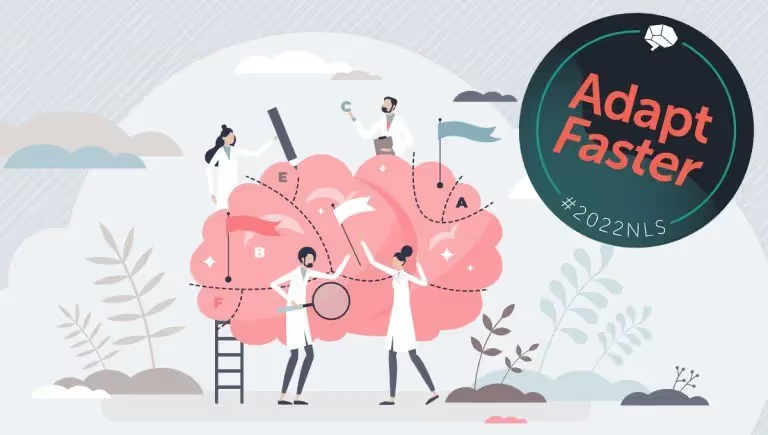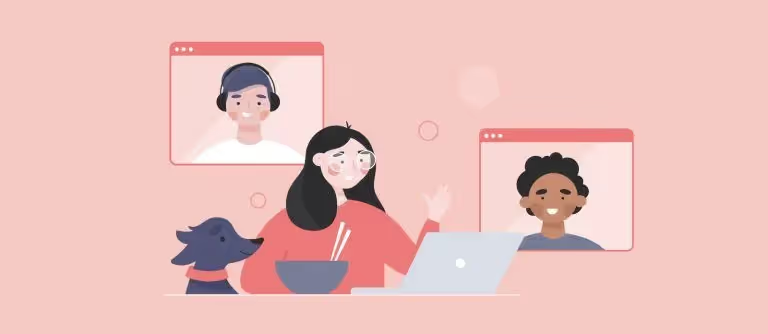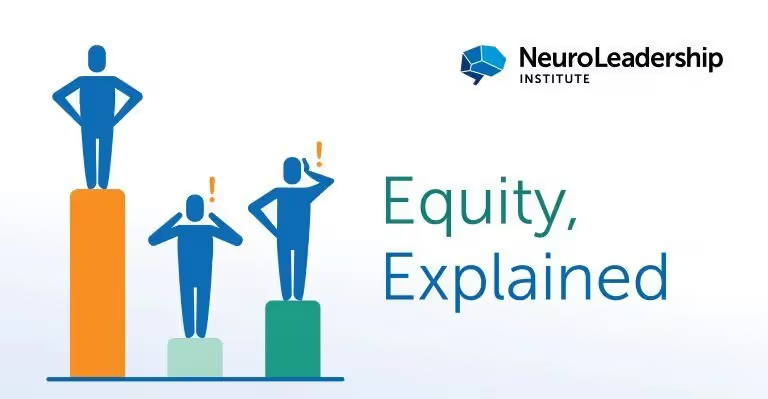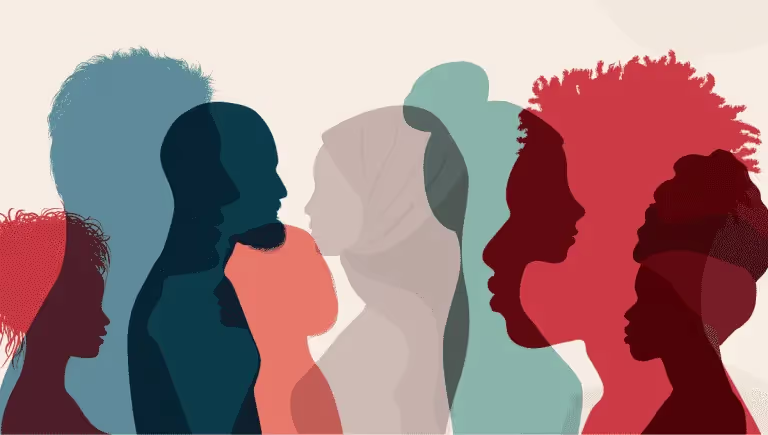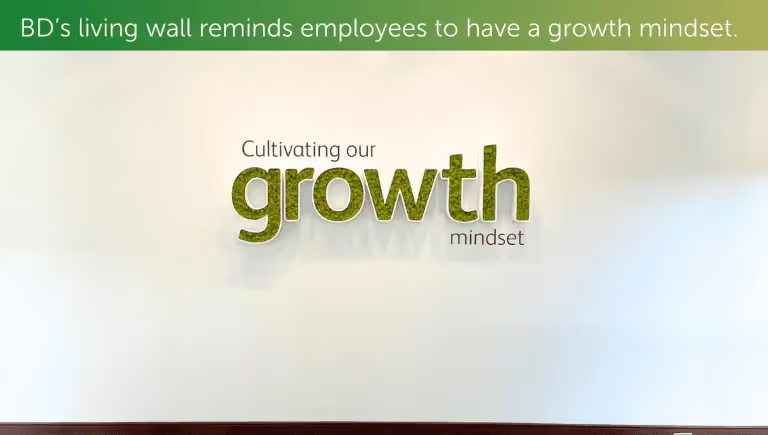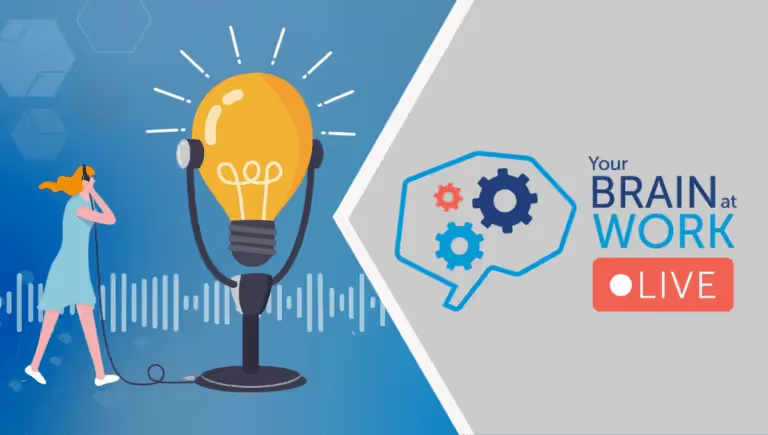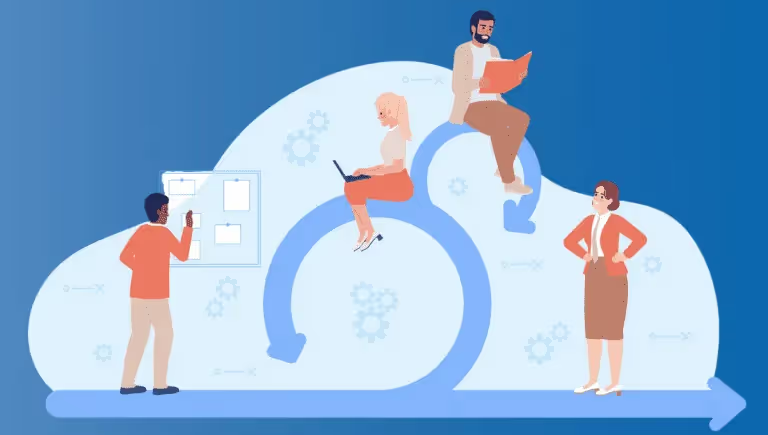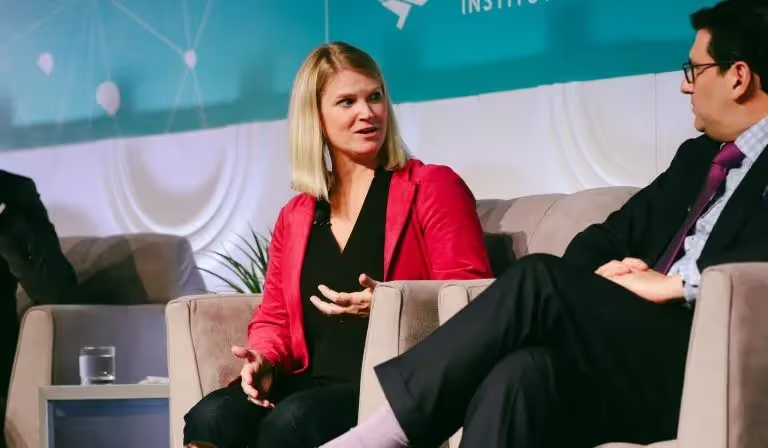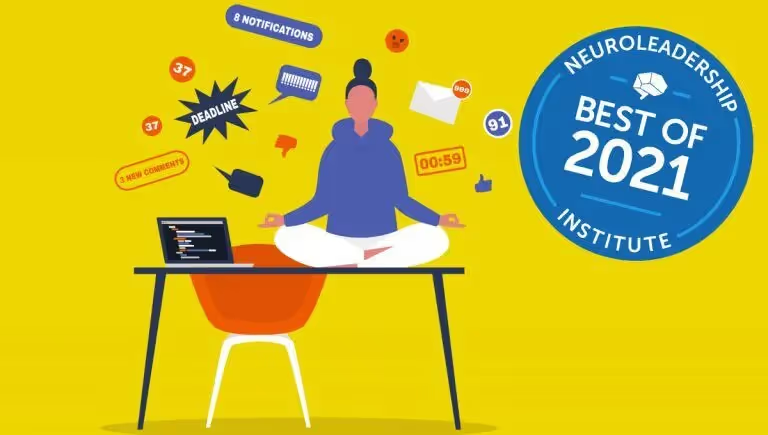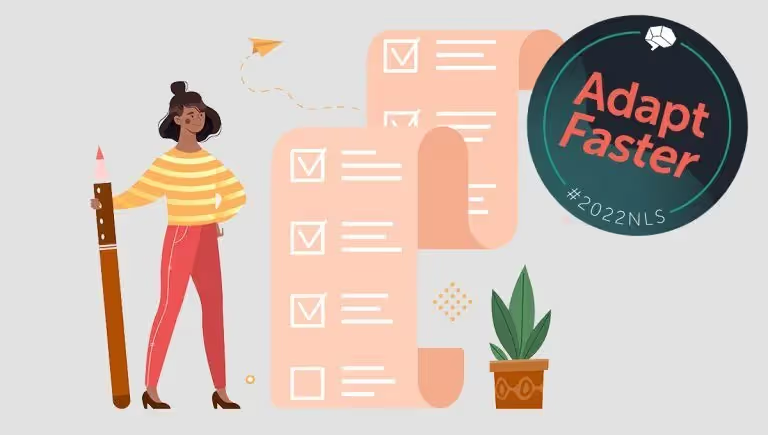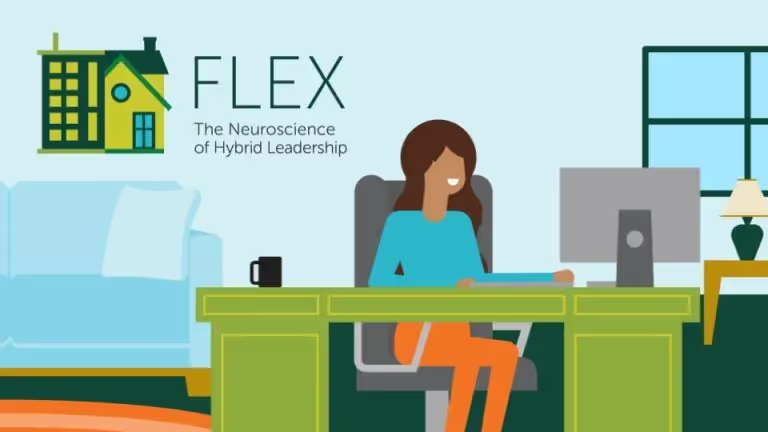It’s new data that has been a long time coming: Recent research from Cornell University and the University of Michigan shows that African-Americans are perceived as more professional when their behavior mirrors white cultural norms.
In speech, that mirroring is called code-switching, defined as the process of shifting from one linguistic code to another, depending on the social context or conversational setting. Being perceived as more professional is exactly the point. To some extent, we all do some kind of code-switching: We tailor our speech to our audience, whether that be our children or our coworkers.
But 48% of Black professionals under age 50 see code-switching as a career necessity, according to Pew Research. For them, “the road to the C-suite can seem more of a tightrope than a ladder,” says the non-profit Executive Leadership Council. That tightrope could be one of the reasons that, despite 2020’s promises, the proportion of African Americans in senior leadership positions in the Fortune 500 is virtually unchanged at 3.2%. And according to Slack’s Future Forum, only 3% of Black knowledge workers are eager to return to the office full time.
Organizations can reap more of the benefits of inclusion by understanding the neuroscience of code-switching and the toll it takes.
Let’s start by understanding that preferring to work with “one of us” is not categorically bad. The human brain is designed to be biased. Because we all have the need to belong, it makes sense that we’d feel more comfortable speaking with someone who speaks like us. That’s a similarity bias.
Our brain also has expedience bias, which is our desire to conserve cognitive capacity and make quick decisions which sometimes means we rush to judgment without considering all the facts. That’s why if someone speaks in our “same language” we can process the information more quickly than if someone is speaking in a language that may be our second or third language. Code-switching makes it easier for colleagues to quickly conclude the speaker is “one of us.”
What that means, then, is that code-switching is incredibly taxing on the person who is having to do it to make things easier for others. Let’s look at the example of Greg, a Black executive who is one of the 48% of Black professionals who does this.
During a presentation, Greg said, “We have to engage all stakeholders and utilize all channels to communicate our unique value proposition. It’s our strategic imperative.”
Later, on his phone with his wife, when telling her how the presentation went, he triumphantly said, “I let them know what time it is. We can’t go out like that.”
If you didn’t understand Greg’s remarks in one instance or the other, that’s because Greg code-switched, adapting his communication to his audience. Because the stakes are higher for Greg to be seen as “one of them,” he code-switches to increase the chances that his voice will be heard.
Another reason Greg feels he must code switch is because of something Claude Steele, a Stanford professor of psychology, calls “stereotype threat,’ or the concern that he might be judged through a stereotypical lens.
As an African-American man, Greg is mindful of stereotypes about being aggressive and unqualified. So he’s careful to be agreeable even when disagreeing, mentioning that his ideas are based on his experience with similar projects.
Stereotype threat also exerts pressure on Greg to represent all African Americans, since there aren’t many in his organization. Expedience bias is such that his non-stereotypical success could be regarded as an exception, while his failure could seem to confirm stereotypes, reducing opportunities for other African Americans.
Steele points out the real concern for people like Greg is that using cognitive energy for self-monitoring means there’s less for the task at hand. Stereotype threat may weigh more heavily on those farther from the stereotype. BetterUp’s research found that “more education is associated with less belonging,” and a BCG study concluded that a weak sense of belonging is a “real reason diversity is lacking at the top” of business consultancies.
Lessening the toll of code switching
Some industry observers say belonging is the No. 1 issue in employee engagement right now, and research shows employees with a strong sense of belonging have higher job performance, take fewer sick days, and have higher retention.
With a sense of belonging, employees don’t have to spend cognitive energy on code-switching. To help them focus their energy on the tasks at hand, your organization needs to:
Be Flexible: The Future Forum study that found 97% of African-American employees don’t want to return to the office also found that remote and hybrid work doubled African-American employees’ sense of satisfaction. Part of this could be because they feel part of the in-group when they don’t have to signal that they are part of the in-group. What’s more, studies show productivity remains strong in hybrid or fully remote environments.
Increase inclusion: Genuine inclusion doesn’t require people to conform, meaning organizations must encourage employees to expand the idea of “us” by finding common ground through shared experiences and striving together toward shared goals. Actions matter more than intentions so organizations that can build inclusion into their work processes begin with inclusive candidate selection and onboarding, day-to-day work practices and performance reviews.
Stay vigilant: A flexible, inclusive organization requires intentional, sustained effort. To participate fully as their authentic selves, employees have to trust their organization. Ways to build that trust include focusing on outcomes instead of surveilling their every move; demonstrating acceptance of and appreciation for their authenticity by recognizing their contributions; and helping employees at all levels meet clear expectations for inclusion.
Because, simply put, if an organization isn’t intentionally including, it’s probably unintentionally excluding.

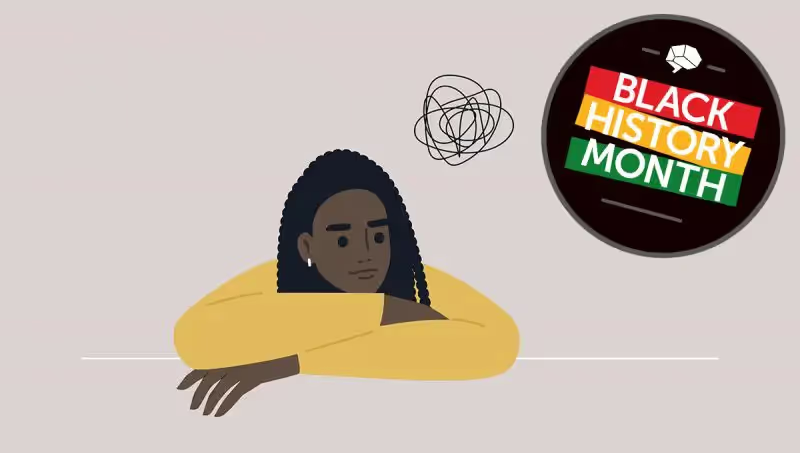



.png)





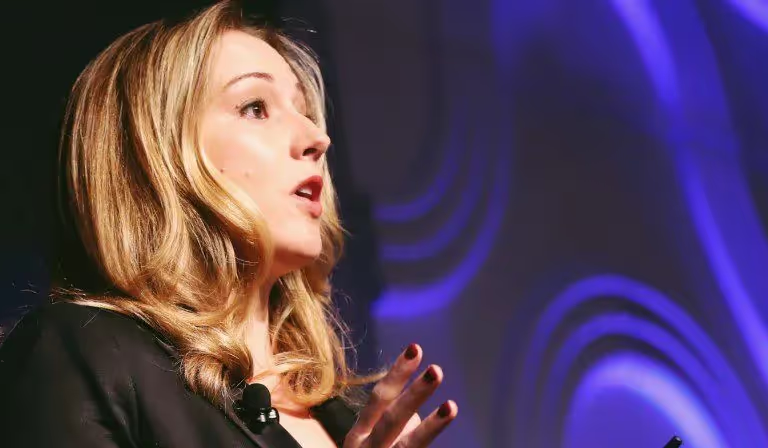





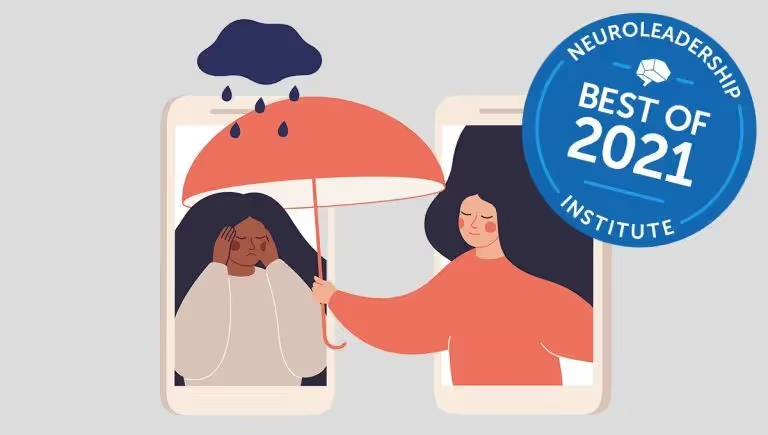
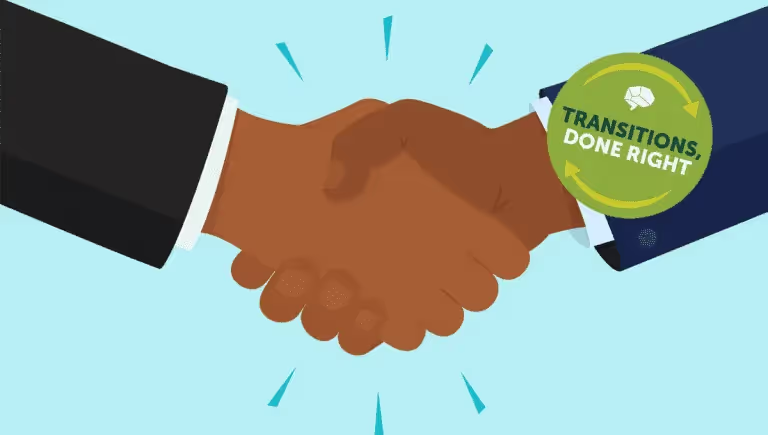

.avif)
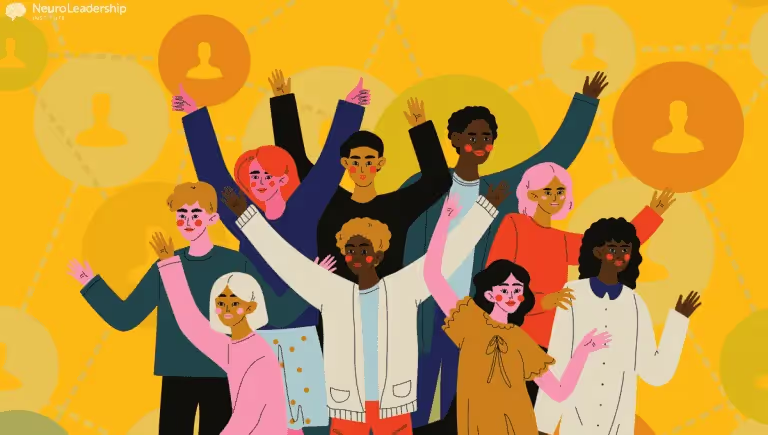

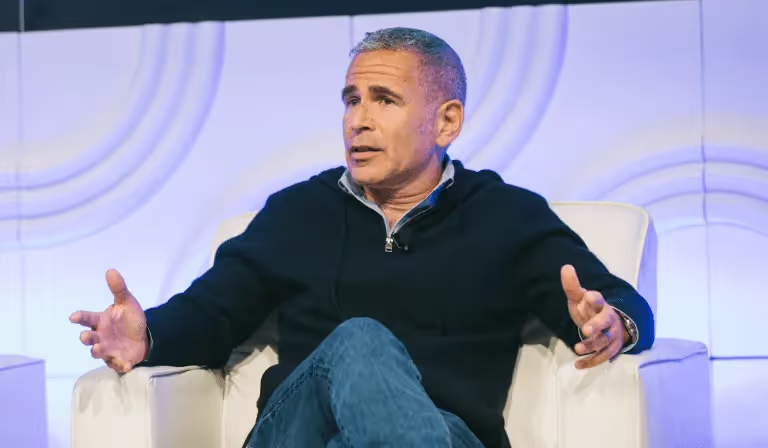




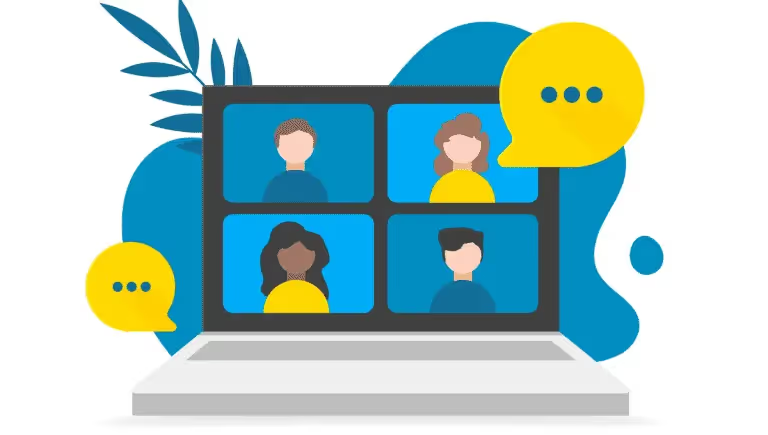







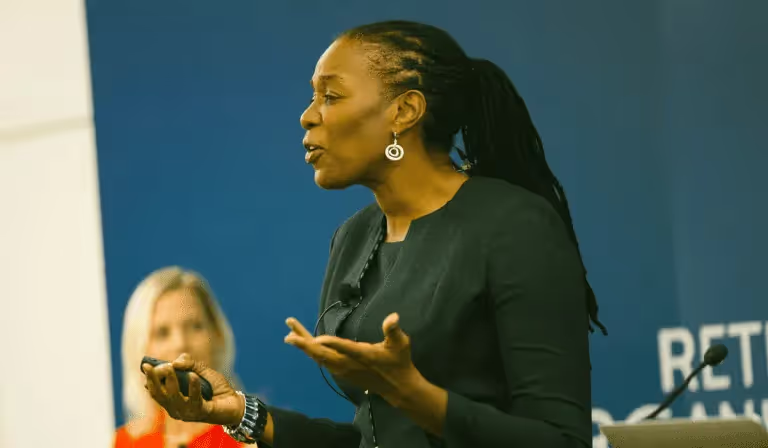


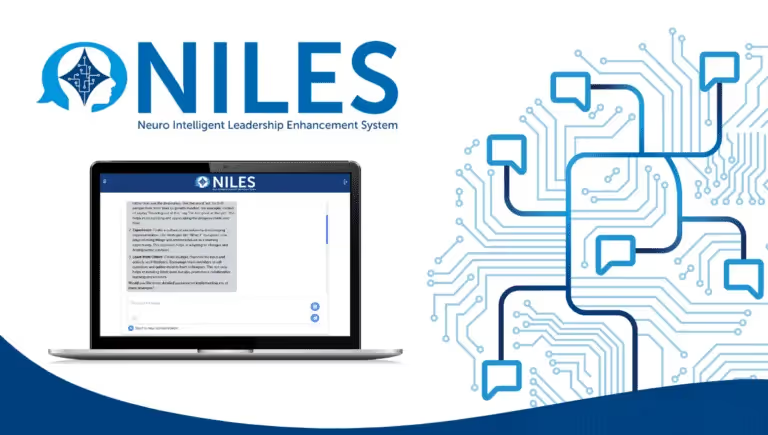
.avif)








